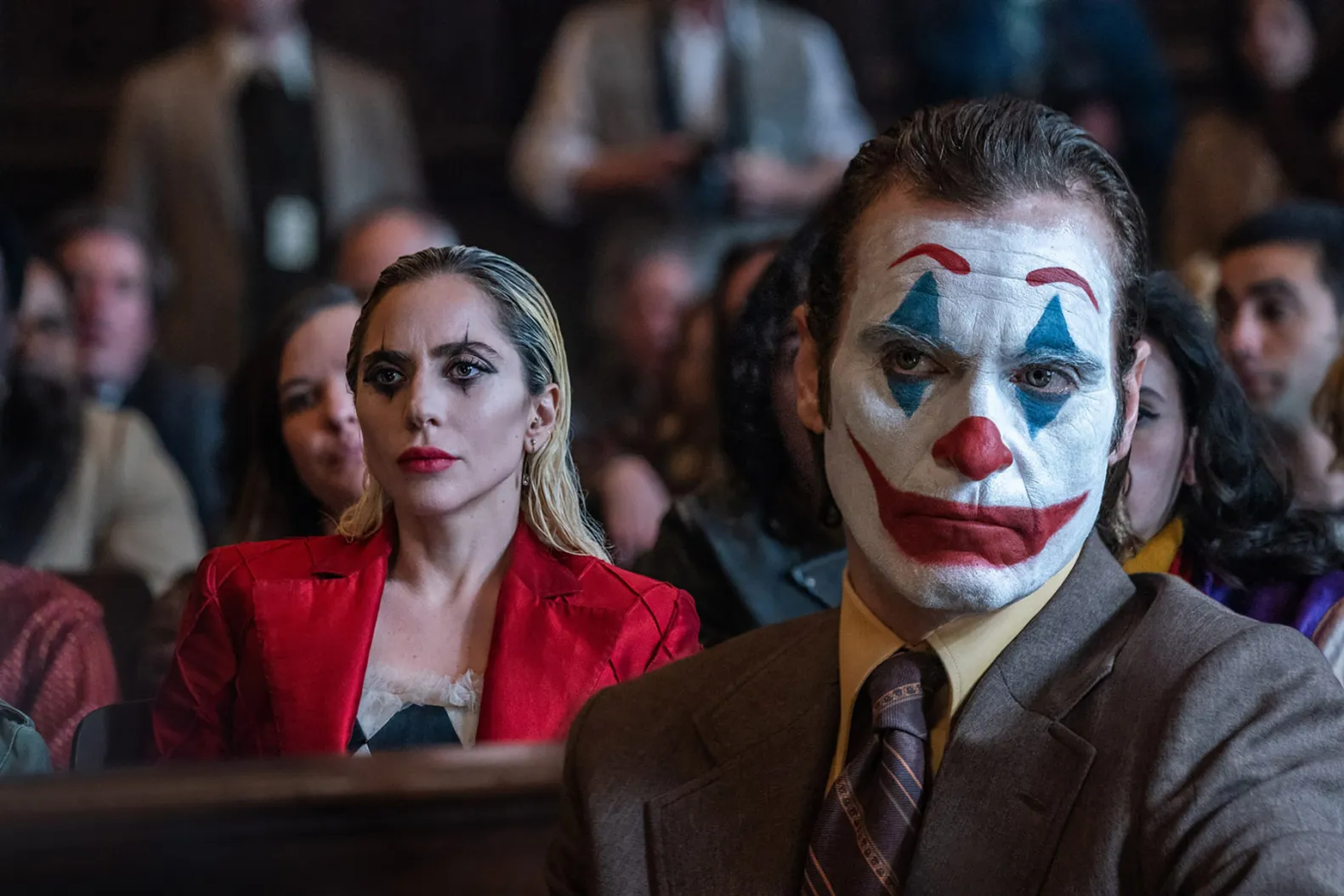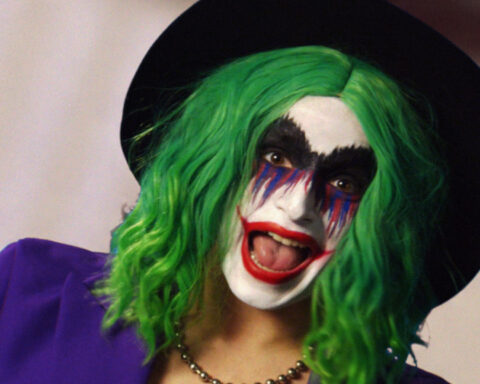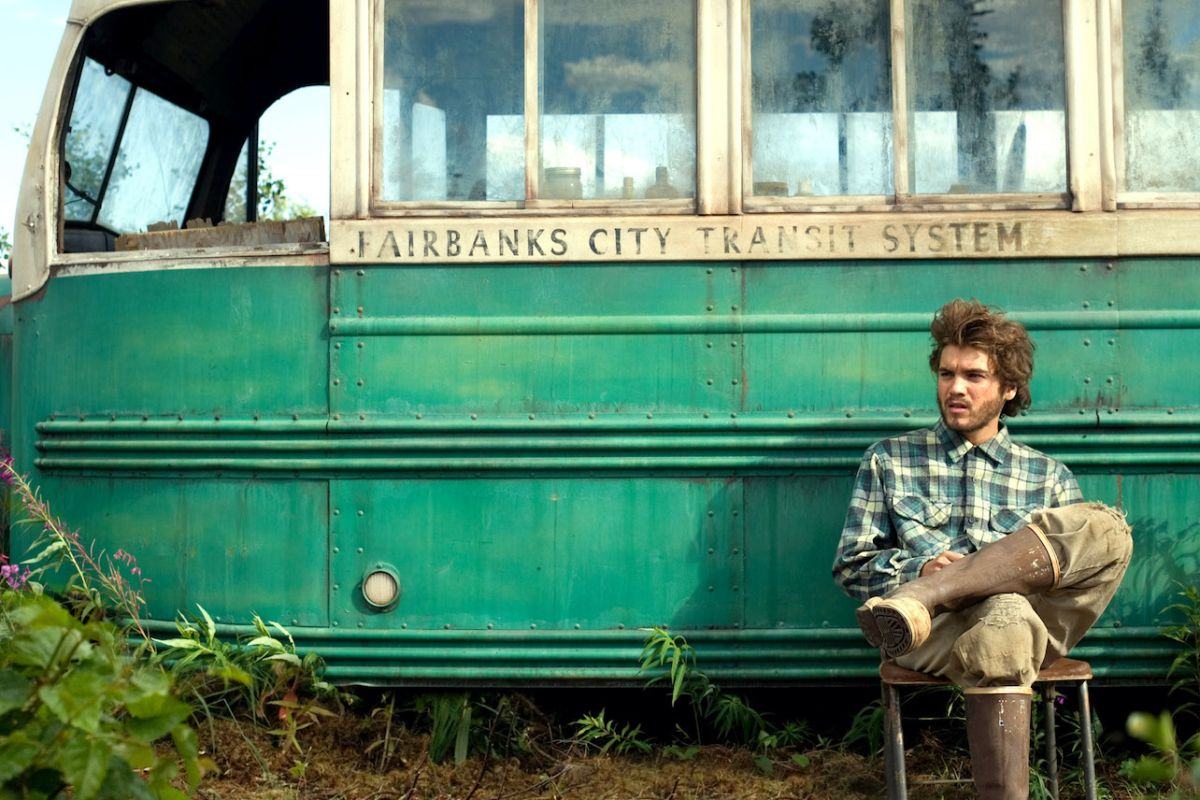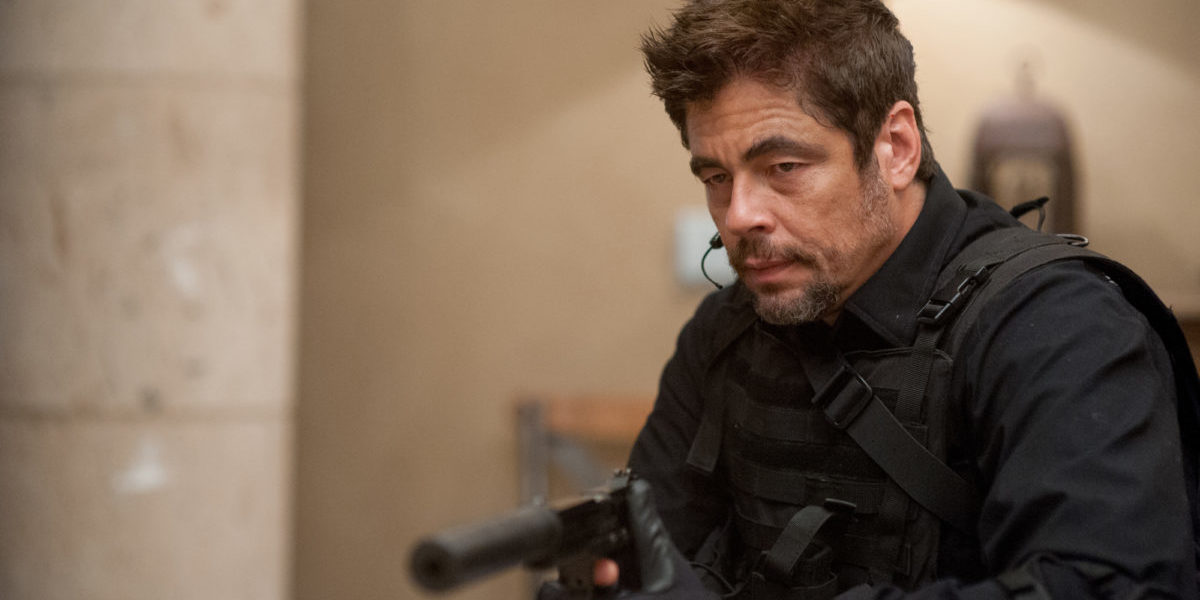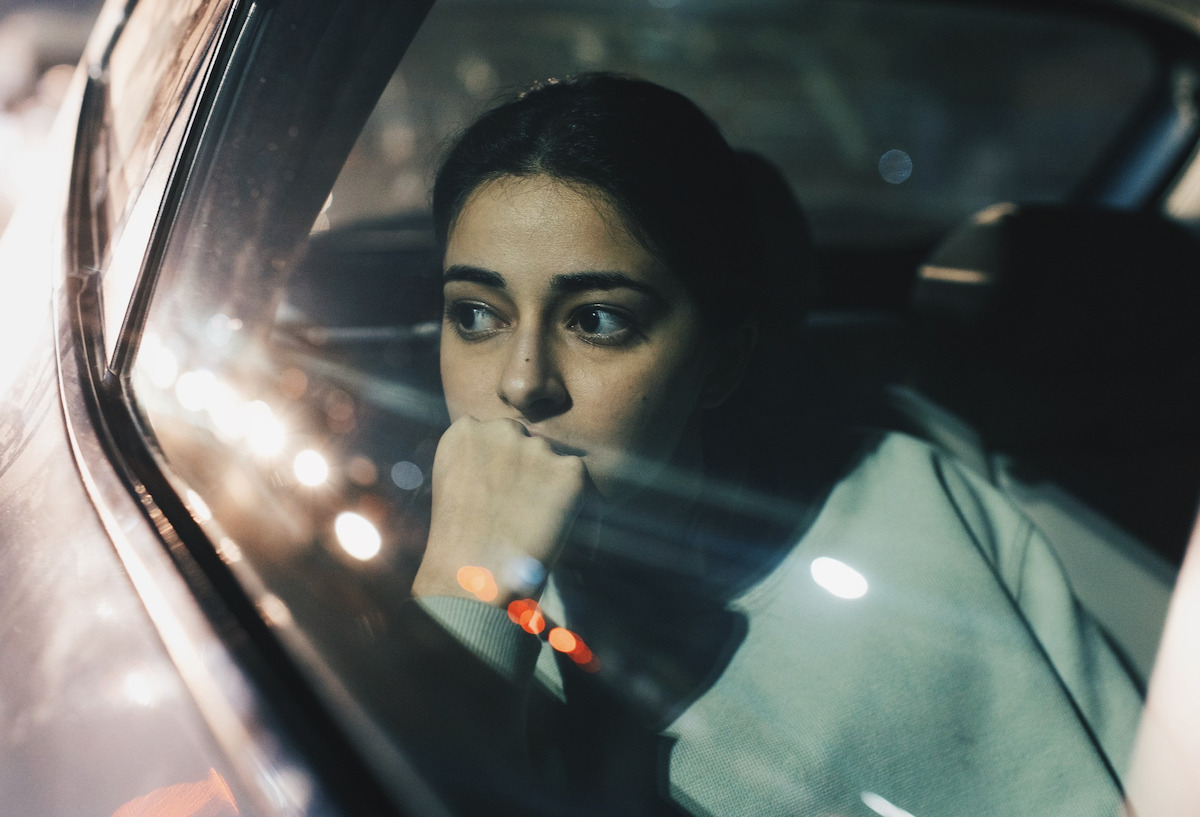2019 was a fantastic year for cinema. Personally, I consider Joker one of the best films from those twelve months filled with memorable, thought-provoking works, but I didn’t receive the sequel announcement with much enthusiasm. After all, it was never originally planned, and when that’s the case, the same level of success rarely follows. On top of that, after Lady Gaga (A Star is Born) was cast as a version of Harley Quinn, a marketing campaign began marked by a lack of clarity about whether Joker: Folie à Deux would be a musical. Naturally, this left many viewers – including myself – unable to set fair, realistic expectations.
After the events of the first movie, Arthur Fleck (Joaquin Phoenix) is imprisoned in Arkham while awaiting his trial for the crimes committed as the Joker. In the meantime, he finds not only love but also the music that has always been inside him. If doubts about the genre and narrative premise didn’t inspire much confidence, the fact that the entire original technical team returned – Lawrence Sher (cinematography), Hildur Guðnadóttir (score), Jeff Groth (editing), among others – along with Todd Phillips and Scott Silver for the script and Phillips directing again, gave a certain assurance of audiovisual quality. And, of course, Phoenix reprising one of the best roles of his career.
Allow me to start by stating what the studio should have informed and publicized months ago: Joker: Folie à Deux is a musical, period. The plot and, more importantly, the characters develop through songs with lyrics that share what they think and feel, as well as musical sequences with high production value, featuring massive sets filled with lights, stages, extras, colors, and much more. It’s almost unbelievable how Warner Bros. Pictures tried to hide the essence of a sequel it forced into existence, almost as if embarrassed by the ambition and boldness of Phillips & co. to subvert the superhero and comic book adaptation genre.
As a result of this lack of honesty about the project, I lost count of the number of frustrated sighs in my screening due to the audience’s impatience with “yet another” a cappella improvisation or musical “action sequence”. Joker: Folie à Deux will be a highly disappointing, even shockingly negative experience for those entering the theater expecting a sequel in the same style as the 2019 flick. Personally, even anticipating a musical – another genre I adore – the tonal mix is too jarring and distracting. It simply didn’t work.
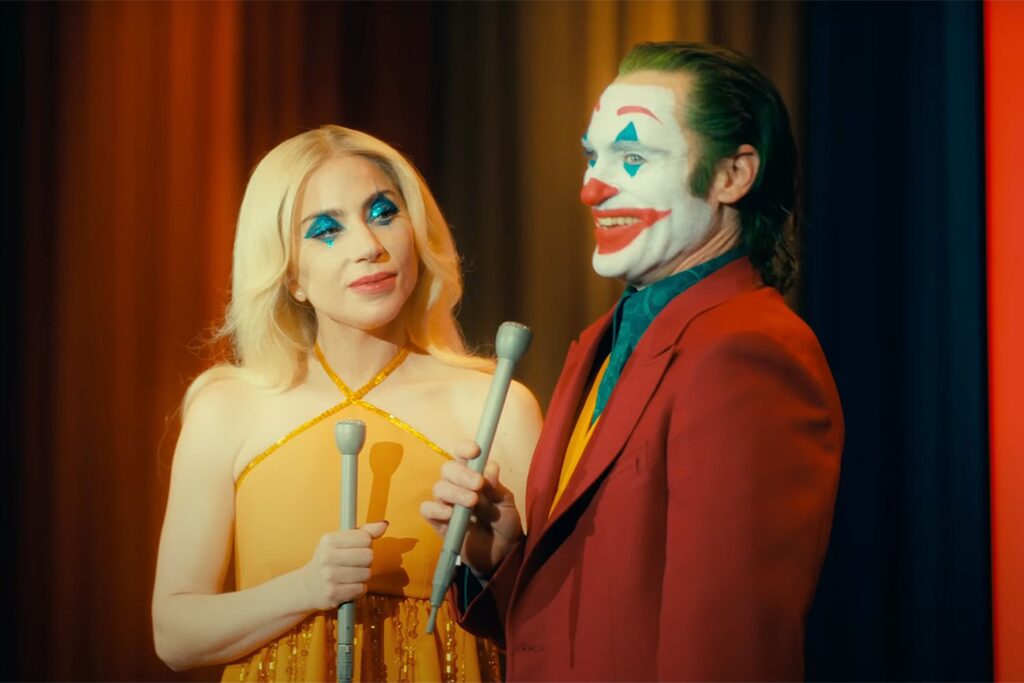
In the span of a few seconds, Joker: Folie à Deux shifts from an extremely dark, disturbing, unsettling, violent moment to Fleck or Lee – as Gaga’s character is referred to – breaking into a new song out of nowhere to convey their feelings or emphasize the central themes of the story. This frequently abrupt transition repeats throughout the film’s 138-minute runtime in a formulaic, monotonous manner, with slow pacing due to the lack of significant narrative events.
More important, however, is how much this stylistic change alters the film. I don’t want to claim that a Joker sequel could never be a musical, but the truth is that Joker: Folie à Deux does little to disprove that assertion. From Guðnadóttir’s eerie score – once again standing out – to Sher’s claustrophobic, purposefully dark, colorless interior cinematography, the darker elements of this fictional world where Fleck lives are so strong and well-established that it’s hard to accept a sudden leap to a stage filled with vivid colors, bright spotlights, and theatrical costumes.
In addition to all this, the vast majority of the songs are forgettable as soon as they end, thanks to uninspired melodies, bland lyrics, and Phoenix’s vocal performance, which, to be polite, pales in comparison to Gaga’s undeniable talent. Unfortunately, despite the singer-actress impressing once again dramatically, I believe her casting led to more pop-oriented songs that resemble each other, holding a rhythm that feels completely disconnected from the narrative. Aside from a couple of musical sequences – I must again praise the set design, costumes, cinematography, choreography, and all the departments involved in these visually stunning set pieces – and a few undeniably impactful songs, the musical layer itself also has its issues.
If Joker: Folie à Deux doesn’t impress musically, it also doesn’t narratively and thematically since it feels like it’s going in circles. The original movie offers a raw, disturbing portrayal of class division and its alienation, as well as the impact of untreated mental illness. It’s a dark, provocative, intense study of how the evolution of certain societal norms and behaviors can lead to deeply negative human transformations. The sequel… doesn’t really add anything entirely new, once again fixating on the Fleck-Joker duality without delivering any unique or meaningful message.
Even Lee quickly becomes defined by shallow dialogue and doesn’t receive any further interesting or deep individual development, leaving Joker: Folie à Deux with a character brimming with untapped potential. Strangely, the sequel holds few surprises and contains less shock value than the original, despite featuring a few memorable moments in the courtroom and, at times, in Arkham through interactions between Fleck and the guards, particularly Brendan Gleeson (The Banshees of Inisherin).
What saves Joker: Folie à Deux from being a complete disaster is, in fact, its artistic and technical value. Many things will be said about this film by Phillips, but no one can deny his boldness in trying something different, which will undoubtedly spark as much debate as the first film if not more. And it’s worth repeating the praise for the numerous technical aspects that will captivate the audience until the end, no matter how frustrated they become – much like Phoenix, Gaga, and all the actors throughout the movie. Personally, the risk didn’t pay off, but I’d rather see something truly original and daring than a film whose viewers forget as soon as the credits roll.
Joker: Folie à Deux holds immense technical and artistic merit, but it fails to replicate the success and impact of the original. Todd Phillips’ boldness in turning the film into a musical is admirable, but the execution ends up being incoherent, with abrupt transitions between the dark drama and the musical numbers, resulting in a jarring experience, made even more frustrating by the studio’s embarrassing secrecy about the movie’s format. While visually impressive and with standout performances from Joaquin Phoenix and Lady Gaga, the lack of thematic and character development makes this sequel an ambitious yet ultimately disappointing attempt that adds little to the thought-provoking study presented in 2019.
